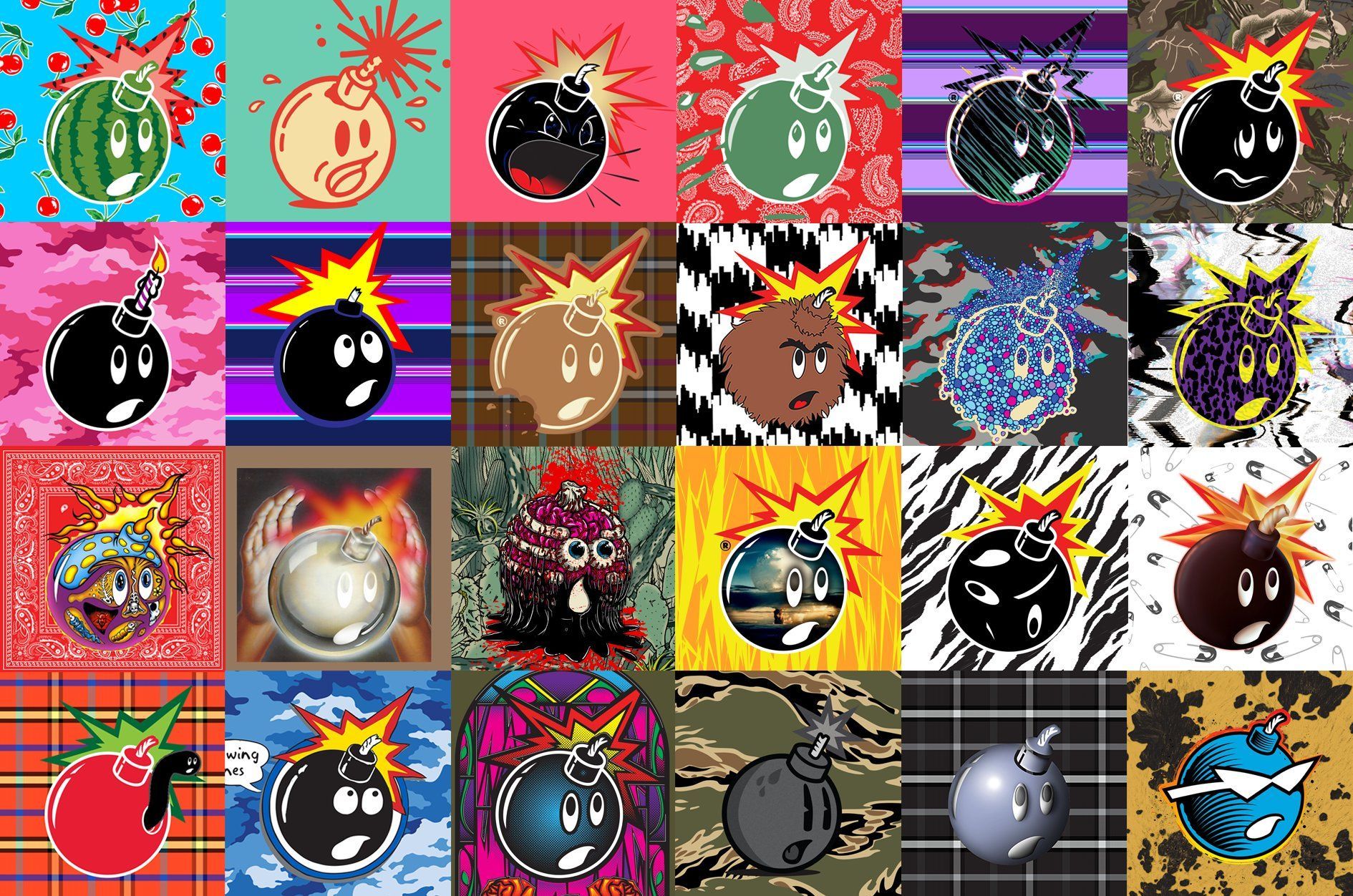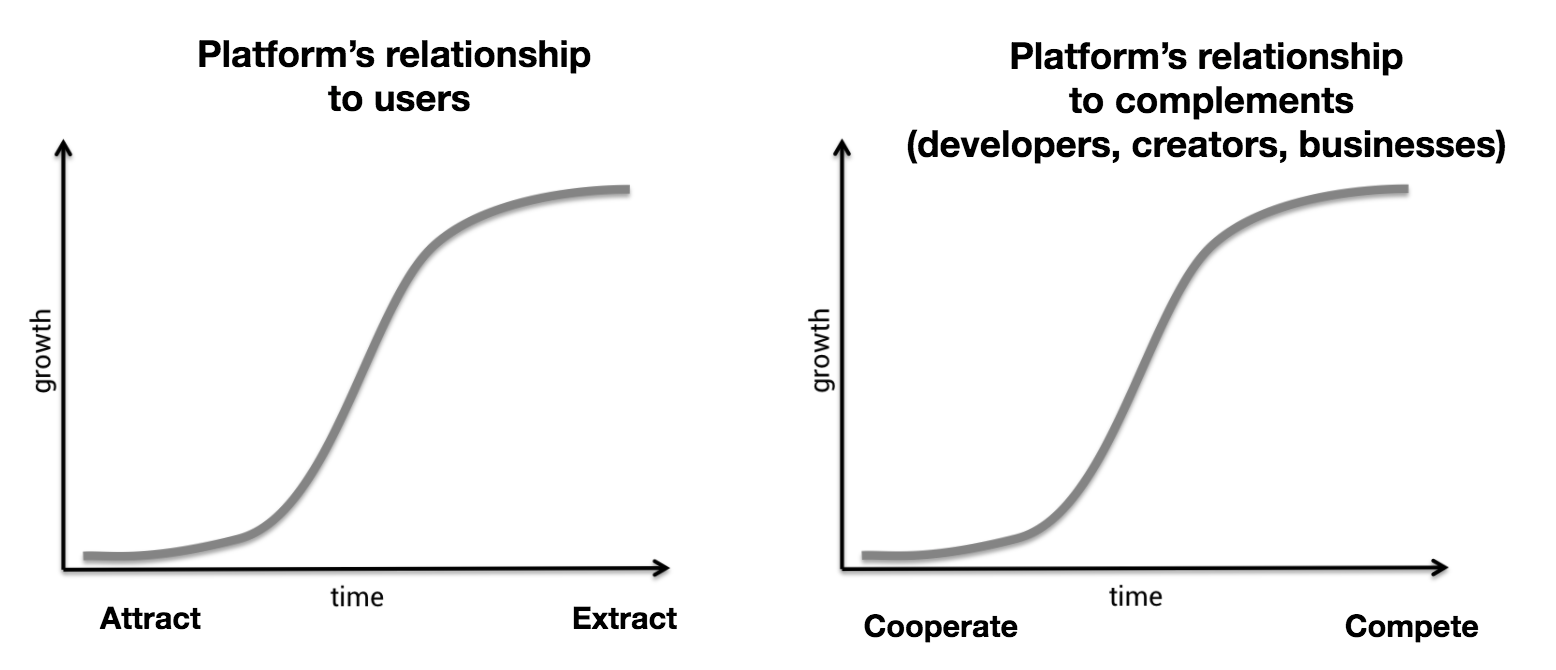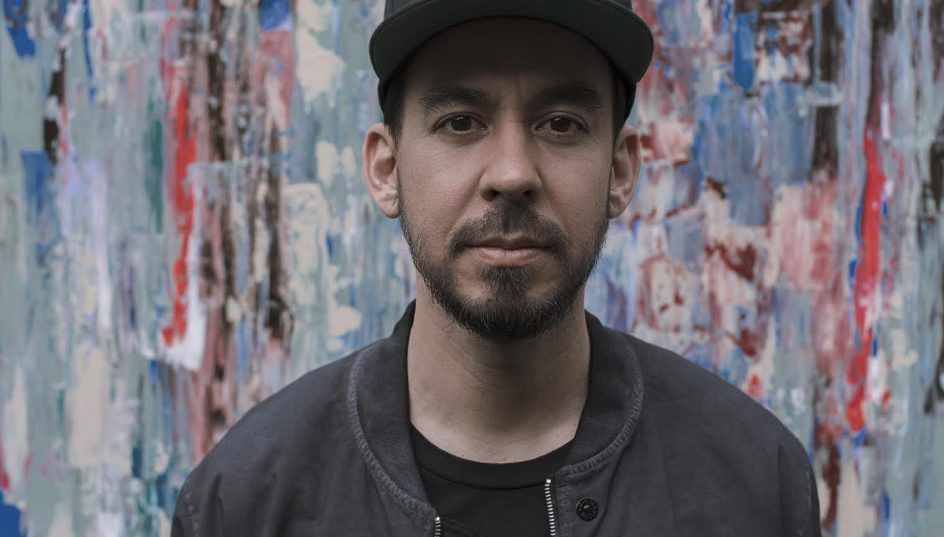The Lab Report 09 - OpenSea, Bobby Hundreds and NFT Exclusion Clauses

Hi everyone,
Another interesting few weeks in the wild world of web3. The top story right now (beyond the FTX-Binance saga) is around OpenSea's attempts to navigate creator royalties for secondary sales of NFT collections.
Over the weekend, the company announced it would start enforcing creator royalties exclusively on new collections that implemented code that initiated on-chain fees while giving themselves a month to figure out what to do with old collections. OpenSea also announced they would require NFT creators to blacklist any marketplace not enforcing the same standards. In other words, if you want OpenSea to honor secondary royalties, you can only sell on OpenSea.
The announcement, understandably, caused a lot of concern in the NFT community, with the likes of Fewocious, Bobby Hundreds, Snoop Dogg and more speaking out. The core of the issue is two-fold. On the one hand, there is concern regarding old NFT collections. Will OpenSea stop enforcing creators royalties on those collections? The announcement was so ambiguous, it was hard to understand the company's intentions, and their attempt to clarify was just as vague. Secondly, the move to block competing marketplaces reeked of anti-competitiveness reminiscent of the worst of web2.
What immediately came to mind for me was Chris Dixon's graph from a 2018 article titled "Why Decentralization Matters." In that article, he outlined the extractive nature of digital platforms' relationships to their users.

In an effort to attract artists and creators to the NFT space, OpenSea started honoring royalties on secondary sales. This, of course, was seen as one of web3's secret weapons and was a big reason why so many artists jumped into the space.
The problem for OpenSea, however, is that they make money from trading fees. They are therefore dependent on traders who will choose marketplaces with the lowest overall fees. Those marketplaces, more often than not, do not enforce any creator royalties.
It's a tough place for the company to be in. On the one hand, they are facing real competition and losing market share to competitors. On the other, they are at risk of destroying the goodwill they've built up with the artists and creators who helped them build their platform.
The move to Blur's 0% royalty trading has led to the Art Gobblers team missing $1,000,000+ of royalties in 48 hours.
— NFTstatistics.eth (@punk9059) November 3, 2022
OpenSea has paid the team much more than Blur despite doing 70% less volume. pic.twitter.com/hforUdlN2v
Hopefully OpenSea can figure out how to navigate this situation in a way that is both sustainable for their business and the artists that power it.
More below. See you in a few weeks.

Artist/Platform News
- Bored Ape #9797 Signs Deal With Create Music Group, Manager Milo Stokes
- Meta Announces NFTs Will Soon Be Available On Instagram
- Biggest Music NFTs in October: Mike Shinoda, Warner Music, Alan Walker – Billboard
- Kids of the Apocalypse Introduce Their Own Spotify Pre-Save NFT Integration
- Billboard's Ben James Puts Together a Monster Web3 Music Map Featuring 150+ Tools, Artists, Projects, Platforms, and More

Deeper Dives
Producer-Artist Pat Lok on Why You Need to Understand NFT Clauses | Billboard
- This is a short piece, but an extremely important one. In it, Pat Lok discusses how he inserted an NFT exclusion clause into his contract with Australian label Sweat It Out back in February 2021.
- From the article: Verbatim, the contract said, “Licensers shall retain exclusive rights to create and exploit NFTs in connection with license masters.”
- Lok's argument is that the marketing of NFTs is really driven by artists and that few labels are even thinking about this space yet.
- Artists should therefore consider the value-add that labels are providing. On the other hand, if labels want to retain these rights, they should have a strategy for getting up to speed on web3 and actually providing value to their artists.
NFTs Are Forever | Bobby Hundreds
- Thought-provoking piece from Bobby Hundreds, the founder of iconic streetwear brand The Hundreds and the Adam Bomb Squad NFT project.
- The piece is a good complement to the earlier discussion around royalties on secondary sales. In it, Bobby Hundreds argues that the "mistake that many have made in NFTs is misunderstanding the scarcity model."
- He looks back at the culture of collecting and how iconic brands are built through an additive layering process where new collections add value to pre-existing ones.
- From the article: "Adding more layers to an NFT brand isn’t just to weave a stronger brand narrative, though. It’s to also boost the value of the existing collections."
- Hundreds argues that "we need more NFTs to save NFTs" and that we should imitate brands like Supreme that both limit supply in any one drop, but also structure their drops to be limitless. Every new drop replenishes their customers’ desire and emotional attachment.
Worldbuilding, Pt. 1 | Dirt
- Terry Nguyen over at Dirt has a good introduction piece on Worldbuilding.
- The piece does not go particularly deep into tactics and it comes with a slightly negative take, but I think it's worth reading to understand how worldbuilding came to become the new brand-building and how various media franchises, in music, film and beyond, have approached it.
- My take is that worldbuilding is an opportunity to deepen the relationship between artist and fan, and to extend the space within which that relationship can live. Web3 will eventually give artists the tools to co-create worlds with their fans and go beyond simply feeding them content in new formats.
Why Musicians & Other Creative Professionals Will Soon Get Their Revenge on the Old Guard | Ted Gioia
- Music historian Ted Gioia (who has a great newsletter called The Honest Broker) has a new optimistic take on the future of music.
- He argues that music is entering a new cycle where the power of record labels and platforms is dwindling. As evidence, he points to record deals becoming increasingly favorable to artists while platforms like Bandcamp or Substack allow artists to retain a much larger share of the revenue they generate.
- Why is this happening?
- Gioia points to record labels shutting down recording studios, pulling R&D budgets and investments in consumer technology, dumbing down their A&R departments, and generally putting the onus of creation in artist hands. This may have been good for short-term profits, but in the end, it leaves labels with less leverage than they used to have.
- Pair that with tech entrepreneurs' focus on alternative economic models and the rise of individual creators with scale (e.g. MrBeast), and you have a shifting landscape. Gioia predicts that individual creators will become the new platforms and labels.
- Although there's limited talk of web3, Gioia alludes to its potential. It certainly seems to me like pairing web3 tools with this shifting landscape will lead to some interesting experiments.
- Could we see a MrBeast record label run by a DAO?

